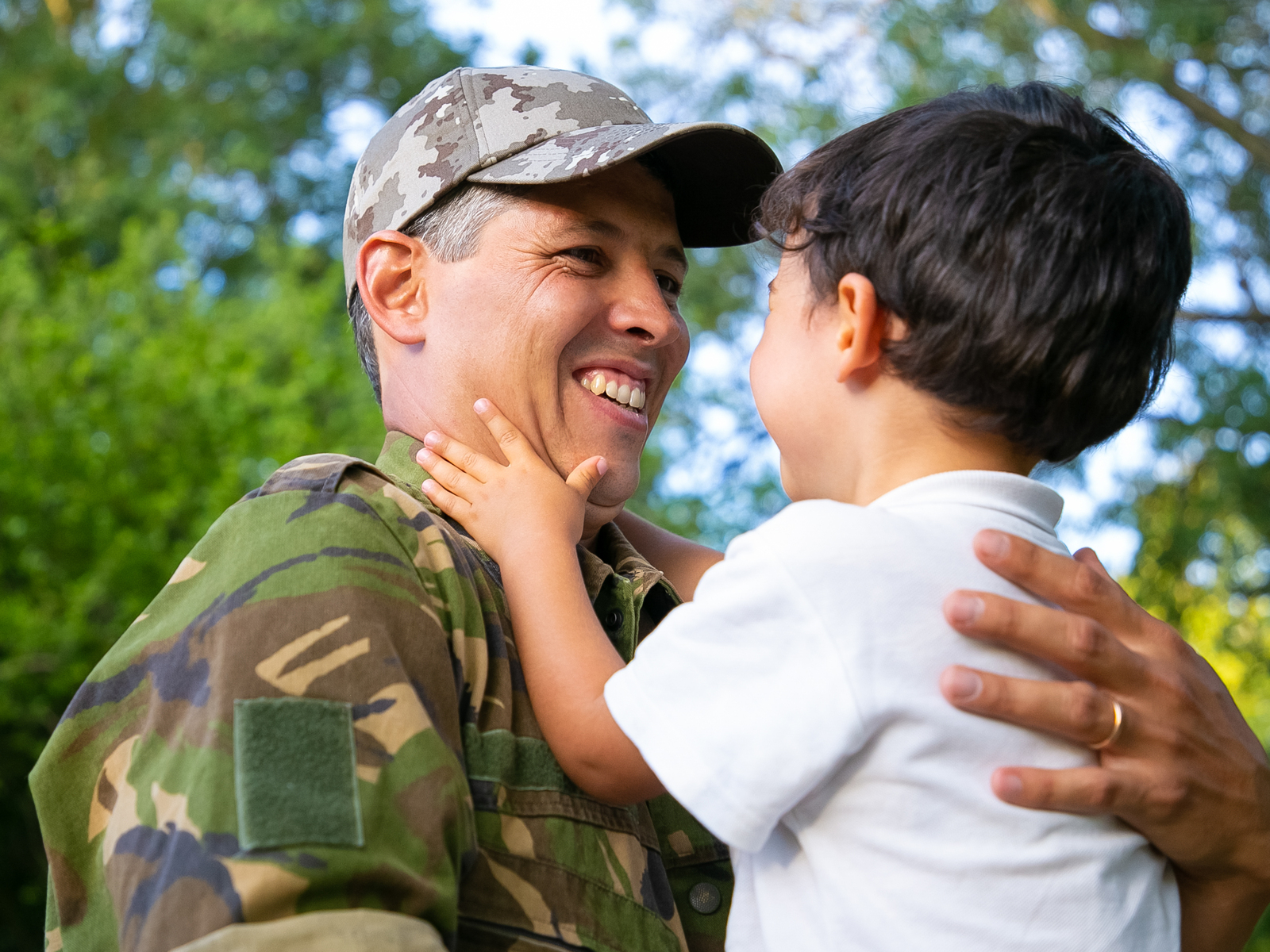Our Care Expert Spotlight series showcases the passionate professionals behind Wellthy's personalized care support, sharing their stories and the experiences that drive their dedication to helping others.
This month we spoke with Ana, a Care Adviser whose journey from advocating for her own healthcare access in rural Brazil to becoming an advocate for others has shaped her passionate approach on Wellthy's Care Team. Wellthy's team of Care Coordinators and Advisers work directly with families to understand their care needs, create a care plan, prioritize tasks, and get things done on their behalf. Drawing from her personal experiences and deep understanding of systemic challenges, Ana helps families find creative solutions to complex care challenges and build pathways to the care they deserve.
What is your personal caregiving story and what drew you to Wellthy?
I grew up in rural Brazil, where I experienced firsthand the barriers to accessing healthcare. I was born with a brain inflammation that caused seizures and my teenage mother and I often had to move around a lot searching for places that were willing to see me for free. In rural Brazil, everything is so far away, and we did not have a method of transportation, so this often meant that my mom had to literally stand in the middle of the road, asking people if they could drive us to get help—sometimes while I was actively seizing. These experiences taught me what it feels like to be overlooked by society and sparked my desire to make sure no one else has to fight so hard to access care.
My caregiving journey began at age four on our farm, where I helped nurse injured homeless animals. Living in such a rural environment with my medical condition meant traditional schooling wasn't accessible. Instead, my education came through practical care work—cleaning, cooking, tending animals, and looking after my cousins. By nine I had even assisted in childbirth, which sparked my fascination with maternal care.
These experiences left a very deep impression on me, and showed me the power of showing up for others, especially when they are alone. At Wellthy, I bring that same drive for advocacy into my work every day. Whether I am helping a patient with a rare condition gain access to off-label medications, coordinating in-home care for a bed-bound patient, or ensuring a non-English speaking member is receiving culturally appropriate support, I am so passionate about helping navigate these complex systems to create real pathways to care. And these experiences really sharpened my advocacy skills and deepened my understanding of the systemic challenges that many people face.
What are some of the ways Wellthy's Care Team—and you specifically—support families with caregiving tasks?
Oh, my goodness! There's so many! I treat every task that I work on as if I am caring for my younger self or a loved one. In general, I really love the advocacy-related tasks. I just love to advocate on behalf of our members so they can receive the care that they deserve at a reduced cost, if not for free.
There was one member, in particular, who was dealing with severe depression in addition to a few other health issues and had not left their house for years. They did not have access to someone to come to their house to receive care, because their insurance did not cover those types of concierge services and they lived in a very remote area. I called all the concierge services that I could find in the state that they lived in and tried to make a really strong case to see if any of these clinics, or concierge services would be willing to see the member for free. However, none of them were willing to help. So, I decided to try calling their insurance. I explained the member’s situation and was able to get their insurance to cover in-home primary and GYN care.
How does Wellthy help families find care and support when resources seem limited in their area?
In general, finding care for people who lack resources, either because they live in a health desert or they have limited insurance, requires a level of persistence, advocacy, and creativity. First, I always look for community based programs. There are often clinics or nonprofit organizations that can offer a sliding scale or free services, especially for uninsured people. I also connect people to government assessment programs like Medicaid, food assistance, or even housing support, which can indirectly improve their access to care.
I also care for many non-English speakers, for whom I take great care in finding culturally competent providers that either speak their language or offer translation services, because, you'd be surprised, how many medical mistakes happen just because of translation errors. When traditional solutions aren't enough, I think creatively – reaching out to clinics to advocate for pro bono services, negotiating reduced medication costs with insurance companies, pharmacies, or doctors, and coordinating with social workers and community groups. The key is being thorough and persistent and leaving no stone unturned in ensuring everyone gets the care they deserve, regardless of their circumstances.
Do you have any tips or advice for family caregivers?
I think it's so important for caregivers to know that they can communicate and speak up when something doesn't feel right, whether it's in a healthcare setting or in general. Caregivers should feel empowered to ask questions, seek clarity, and request additional resources that are available. Their voice matters, and it starts with advocating for yourself and it is completely okay to ask for help. That's why, we have Wellthy. Caregivers have to manage so many things, so they may not see pathways to care clearly, and at Wellthy, we're able to hold their hand and make those decisions easier.
The second step is to build a support system. I know that caregiving can often feel very isolating. It is important to find support through anyone whether it is from your family, friends, professional networks, or Wellthy it is necessary to have people you can turn to for help. Seeking help is not a sign of weakness, it is actually how you maintain strength over time. I feel like a lot of caregivers often give so much of themselves that they neglect their own needs. It is imperative to schedule time to rest, eat well, move your body, and do things that bring you peace and happiness. When you're happy and well taken care of, you're able to provide the best support to others. I like to think about it similarly to how, when you go on the airplane, they say first you have to put on your oxygen mask, and then you help the person next to you. You can’t help others if you aren’t breathing.
As humans, we are so intuitive, and when something is not right, we feel it before it shows on the outside. Often, we have that little voice inside of us telling us this doesn't feel okay. We live in a society where people feel scared to ask and seek help because they do not want to burden someone or be perceived as a weak person. However, when you ask for help, you invite other people around you to do the same, and you build space for a connection to take place.
I actually have a personal example of this that I want to share. Earlier this year I went through a house fire. I lost everything, and I am the type of person that refuses to seek help, but will be the first person to offer my own. Going through this tragedy taught me that when you lose everything, all you have is the people around you—especially for an immigrant like myself who came here at 12 years old with just my mother, the people around means everything.
When I had to tell the people around me what happened, including my co-workers at Wellthy, I was not telling them with the hope that they would offer to help me. However, the next day people were calling me, trying to find ways to help through donating clothing or connecting me to resources. Some of these people I barely knew—I had only worked with them a few times—and they were there for me. Even strangers reached out to share their own experiences with house fires and give me tips on what to do and who to reach out to. This taught me that we need each other. Asking for help not only strengthens us but also builds a stronger community where we’re better equipped to help others.

.png)


